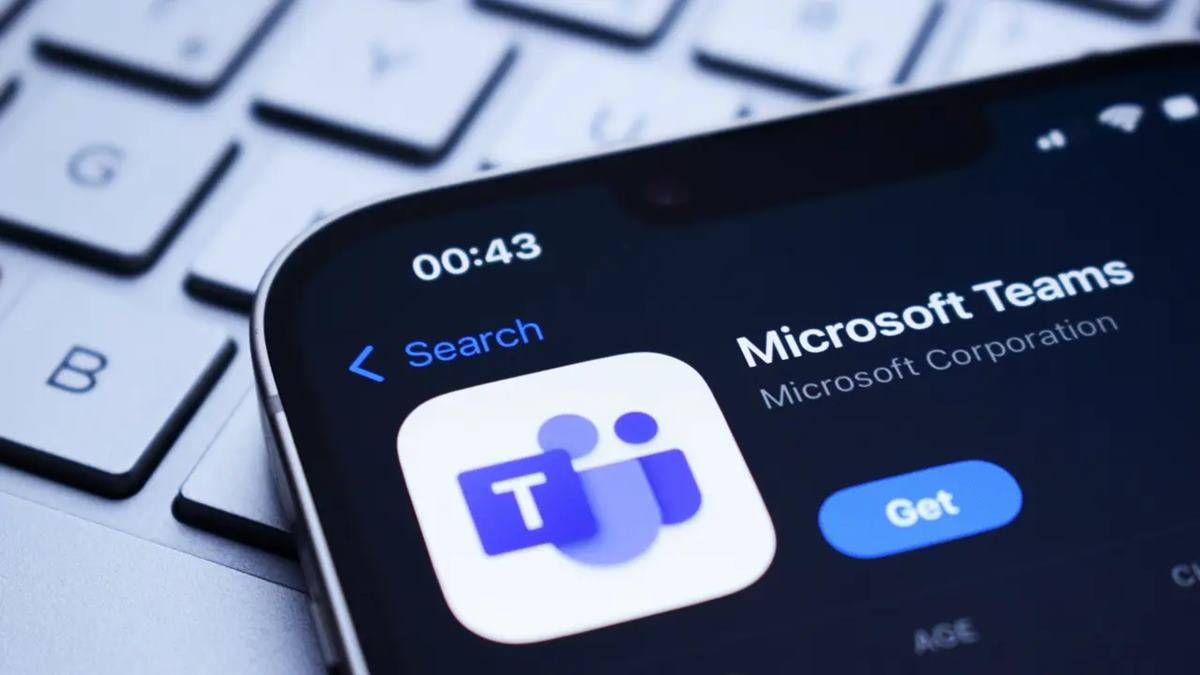What is the 30% rule in AI?
The 30% Rule means AI does most of the repetitive work, about 70%, while humans focus on the remaining 30%. This ensures technology supports rather than replaces people. Human skills like judgment, creativity, and ethics remain at the core. It’s a balance that combines efficiency with human insight.
Why the 30% rule matters for your career
AI can speed up work but cannot match human empathy or nuanced thinking. The 30% Rule keeps humans as key decision-makers while AI handles routine tasks. This approach safeguards jobs by blending automation with human strengths. It creates a balanced system where technology and people work together.
Show your human edge
AI may be powerful, but it can’t replicate human empathy, communication, or ethical judgment. It also lacks the ability to build real relationships. These are qualities that set people apart in any profession. Focusing on such human-only skills is the best way to stay ahead.
Master AI tools, don’t fear them
Learn to use AI platforms that fit your profession and daily work. Build skills in prompt writing, analytics, and automation tools to boost productivity. Becoming an AI power user can set you apart in your career. Those who adapt and learn fast will lead in the future.
Automate the routine, focus on the unique
Let AI take care of routine tasks so you can focus on what truly adds value. Use the extra time to sharpen skills like storytelling, negotiation, and problem-solving. These are areas where human creativity makes a difference. Your unique contribution is what keeps you relevant in the AI era.
Best entry-level jobs in the age of AI
AI is creating new starter roles that blend technology with problem-solving. Jobs like AI research assistant, data analyst, and junior machine learning engineer are in demand. Roles such as AI support specialist and AI prompt specialist are also emerging. These positions offer a strong entry point into the fast-growing AI field.
Jobs that blend human + AI skills
New AI careers are shaping the future of work. An AI ethics specialist ensures technology is used responsibly, while a cybersecurity researcher protects AI systems from threats. An AI product manager connects technical teams with business goals. Data engineers build smart data pipelines that power these innovations.
The future of work with AI
AI is expected to create more jobs than it replaces in the coming years. The most valuable skills will be creativity, leadership, and AI literacy. Adapting early and learning AI tools can give you a strong edge. Combine technology know-how with human strengths to stay future-ready.




















